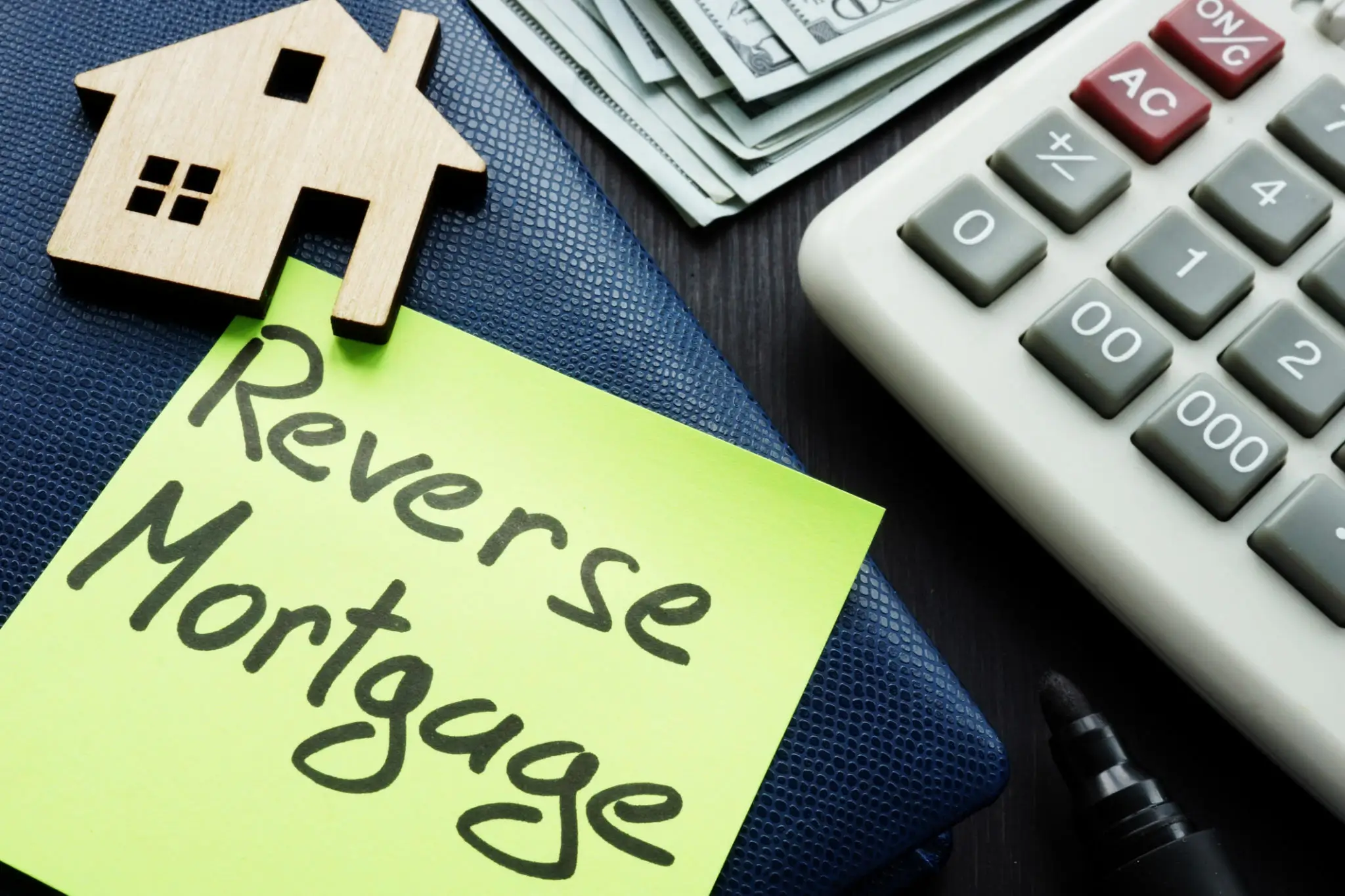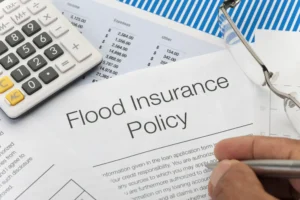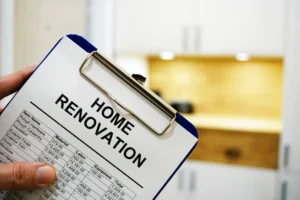
Reverse Mortgage: a financial tool that sparks curiosity and raises questions. Wondering if it’s your golden ticket or a potential pitfall? Dive into our guide on the pros and cons of reverse mortgages—a journey through the twists and turns of this unique financial option. From unlocking home equity to potential risks and rewards, get ready to unravel the mysteries and decide if it’s the right fit for your financial roadmap. It’s time to weigh the scales and discover if a reverse mortgage holds the key to unlocking your financial future.
Understanding Reverse Mortgages
A reverse mortgage—a financial tool that evokes both curiosity and caution—remains a topic of intrigue for many homeowners. Its premise seems simple: tap into your home’s equity without making monthly mortgage payments. Yet, as with any financial decision, there’s a landscape of pros and cons to navigate before determining if it’s a suitable path for your financial journey.
The Pros of Reverse Mortgages
Picture this: you’ve diligently paid off your mortgage, and your home stands as a treasure trove of equity. A reverse mortgage allows you to access this equity, providing a steady stream of income, supplementing retirement, funding home improvements, or covering medical expenses. The best part? You retain ownership of your home, and the loan doesn’t need repayment until you move out or pass away. Sounds appealing, right?
The Cons of Reverse Mortgages
However, the lure of financial freedom through a reverse mortgage isn’t without its shadows. High upfront costs, including origination fees, closing costs, and mortgage insurance, might eat into the equity you’re trying to access. Moreover, the loan balance grows over time, potentially reducing the inheritance for your heirs. Plus, failure to keep up with property taxes, insurance, and maintenance could lead to foreclosure.
Is It Right for You?
Determining whether a reverse mortgage aligns with your financial goals demands careful consideration. Assess your needs, long-term plans, and alternatives available. Are you looking for additional income without monthly mortgage payments? Do you plan to stay in your home long-term? Are you comfortable with the associated costs and potential impact on inheritance? These questions form the crux of the decision-making process.
Real-Life Scenarios
Let’s delve into real-life scenarios. Consider Jim and Sarah: retirees seeking extra income without leaving their beloved home. A reverse mortgage seemed perfect, providing financial breathing room. However, they realized the costs might outweigh the benefits, especially if they planned to leave the home to their children.
Conclusion
In essence, a reverse mortgage embodies a complex balance between accessing home equity and potential trade-offs. While it can be a lifeline for some, it might not suit everyone’s financial roadmap. The key lies in informed decision-making—weighing the pros and cons against your unique circumstances. Seek financial advice, explore alternatives, and ensure a reverse mortgage aligns with your long-term goals before stepping onto this intriguing financial path.
FAQS about Reverse Mortgages
What is a reverse mortgage and how does it work?
A reverse mortgage allows homeowners aged 62 or older to access their home equity without monthly mortgage payments. The loan is repaid when the homeowner moves out or passes away, with interest accumulating over time.
How much money can I get from a reverse mortgage?
The amount you can receive through a reverse mortgage depends on factors like your age, home value, current interest rates, and the specific type of reverse mortgage you choose. Generally, the older you are and the more your home is worth, the more you can access.
What are the costs associated with a reverse mortgage?
Costs include origination fees, closing costs, mortgage insurance premiums, and interest. These fees can be substantial and may impact the amount of equity available to you.
Can I lose my home with a reverse mortgage?
Yes, failure to meet obligations such as paying property taxes, insurance, or maintaining the property could lead to foreclosure. However, as long as you meet these requirements, you retain ownership of your home.
Who is eligible for a reverse mortgage?
To qualify for a reverse mortgage, you must be at least 62 years old, own your home outright or have a low mortgage balance, and live in the home as your primary residence. Additionally, you’ll need to undergo financial counseling to ensure you understand the implications.






